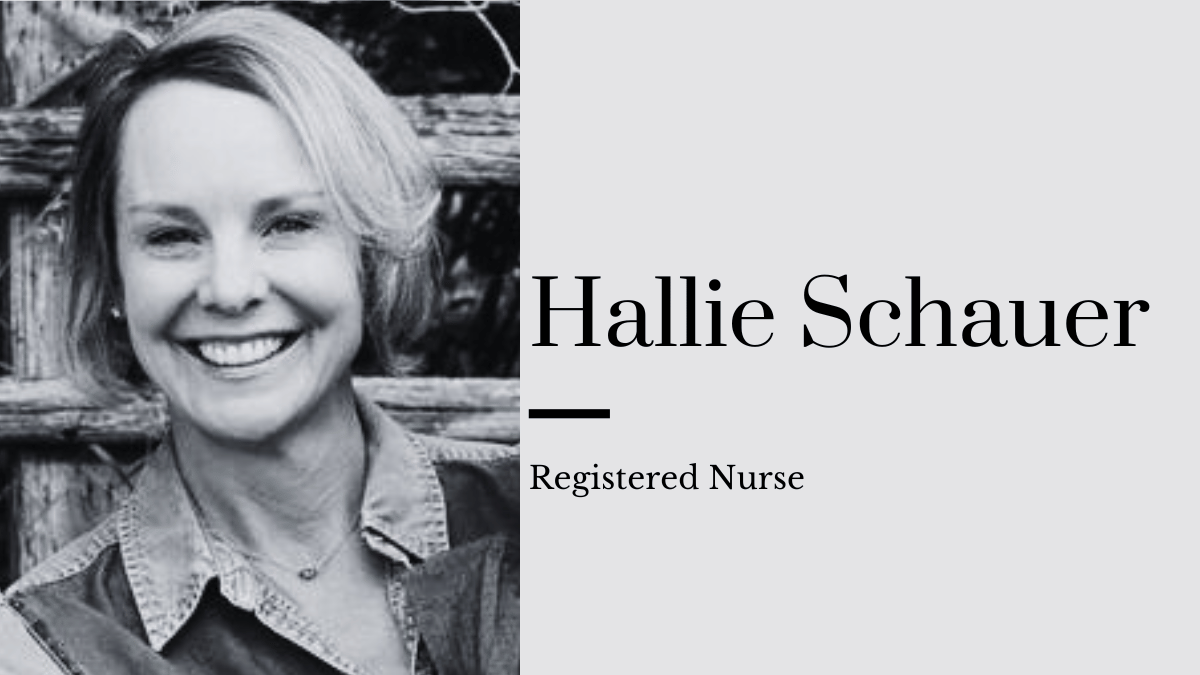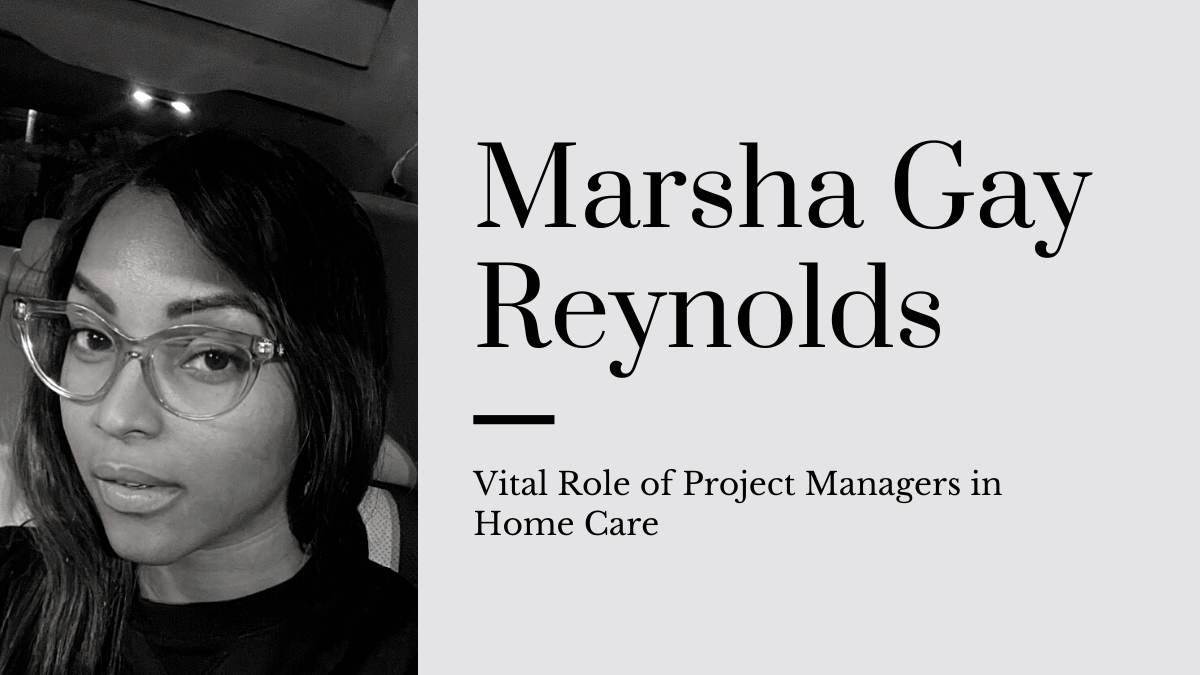After being discharged from the hospital, patients often face the daunting task of continuing their recovery at home. This transition can be challenging without hospital staff's constant care and immediate support. To ensure a smoother and faster recovery, patients should focus on effective wound care, diligent medication management, and the establishment of healthy habits. The guidance below aims to empower patients to take control of their health and recovery process.
Wound Care: Ensuring Proper Healing
Proper wound care is crucial for preventing infections and ensuring that wounds heal faster and without complications. Here are some critical steps to take:
- Keep the Wound Clean and Dry: Always wash your hands before touching or dressing the wound. Use mild soap and water to clean the area around the wound gently. Avoid getting soap directly in the wound. Dry the area with a clean towel by patting gently.
- Change Dressings Regularly: Follow your healthcare provider's instructions on how often to change the wound dressing. This keeps the wound clean and dry and allows you to monitor its healing progress.
- Watch for Signs of Infection: Common signs of infection include increased redness, swelling, warmth, and pain. Contact your healthcare provider immediately if you notice any pus or an unpleasant smell.
- Avoid Stress on the Wound: Keep the wound area stable and avoid activities that could stretch or stress the wound.
Medication Management: Staying on Track
Managing medications effectively is critical for recovery, especially for patients with multiple prescriptions. Here's how to manage this aspect:
- Understand Your Medications: Know what each medication is for, how to take it, and its possible side effects. If you are unsure, ask your pharmacist or doctor for clarity.
- Set Reminders: Use alarms on your phone or invest in a pill dispenser with a timer to help keep track of when to take each dose.
- Keep a Medication Log: Record each dose taken to avoid double dosing and track your adherence to the prescribed regimen.
- Consult Before Making Changes: Never stop taking a medication without consulting your healthcare provider, even if you feel better.
Healthy Habits: Enhancing Overall Well-being
Incorporating healthy habits into your daily routine can significantly enhance your recovery and overall health:
- Balanced Diet: Eat various foods to ensure you get all the necessary nutrients. Focus on high-fiber foods, lean proteins, and many fruits and vegetables. Avoid processed foods and those high in sugar and fat.
- Stay Hydrated: Drinking enough water is essential for healing. Aim for 8-10 glasses a day unless advised otherwise by your doctor.
- Gentle Exercise: As per your doctor's advice, incorporate light activities such as walking or gentle stretching to improve circulation and muscle strength.
- Get Adequate Rest: Sleep is crucial for recovery. Ensure you have a comfortable, quiet sleep environment, and try to get at least 7-8 hours of sleep per night.
- Mental Health: Recovery also involves your mental well-being. Engage in activities that reduce stress, such as reading, meditating, or listening to music.
Spotlight on Healthcare Heroes
In times of health crises, such as the COVID-19 pandemic, the dedication of healthcare workers becomes even more apparent. One notable example is Hallie Schauer, an RN/PRN at Welch Cancer Center in Sheridan, WY. During the pandemic, Hallie volunteered full-time in the Covid Testing Center, demonstrating a remarkable commitment to patient care. She continues to support her community by providing essential care in the Infusion Unit. Her selflessness and dedication are a beacon of hope and resilience.
Conclusion
Recovering at home after a hospital discharge can be effectively managed by following these critical guidelines on wound care, medication management, and healthy habits. You can ensure a faster and safer return to health by taking an active role in your recovery. Remember, you're not alone in this journey—healthcare professionals like Hallie Schauer are dedicated to supporting you every step of the way.




